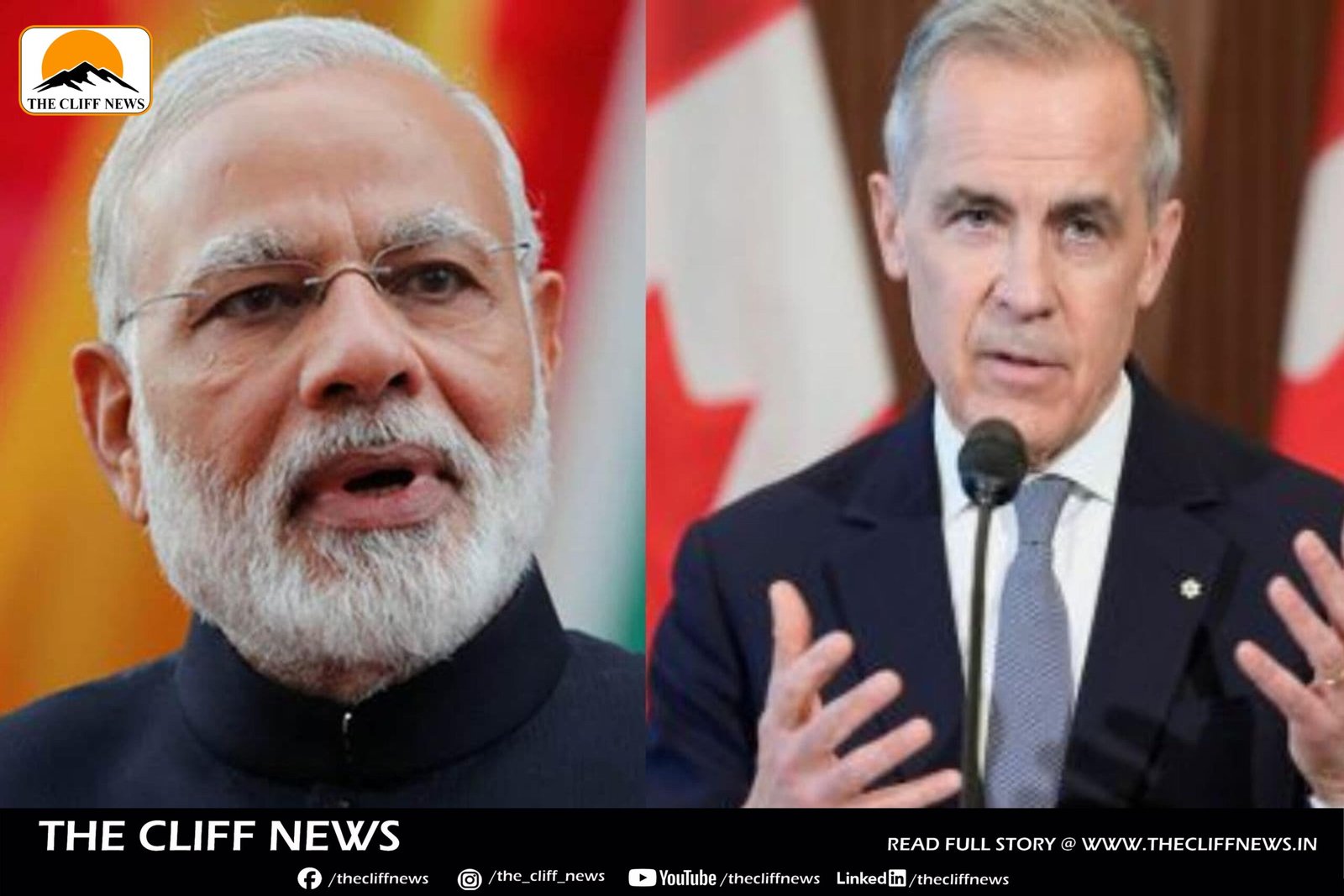Canadian Prime Minister Mark Carney has defended his controversial decision to invite Indian Prime Minister Narendra Modi to the upcoming G7 summit in Alberta, despite ongoing investigations linking the Indian government to the assassination of Sikh activist Hardeep Singh Nijjar on Canadian soil.
Carney, speaking to reporters on Friday, avoided directly addressing questions about whether he believed Modi had any involvement in Nijjar’s killing. “There is a legal process that is literally under way and quite advanced in Canada, and it’s never appropriate to make comments with respect to those legal processes,” he said.
The murder of Nijjar, a prominent Sikh separatist leader, in Surrey, British Columbia, sent shockwaves through the Indo-Canadian community and strained diplomatic ties between the two nations. Four Indian nationals living in Canada have been charged in connection with the June 2023 killing, and the Royal Canadian Mounted Police (RCMP) have concluded that the operation was directed by “the highest levels” of the Indian government.
Despite these developments, Carney emphasized India’s global significance as a rationale for the invitation. “India is the fifth-largest economy in the world, the most populous country, and central to supply chains. It is essential to engage with its leadership on critical issues such as energy, artificial intelligence, and critical minerals,” he explained. He confirmed that Modi had accepted the invitation and would attend the G7 summit, scheduled for June 15–17 in Kananaskis, Alberta.
In response, Prime Minister Modi issued a diplomatic statement, expressing optimism about future ties. “As vibrant democracies bound by deep people-to-people ties, India and Canada will work together with renewed vigour, guided by mutual respect and shared interests. Look forward to our meeting at the summit,” he said.
However, Carney’s move has triggered intense backlash from the World Sikh Organization (WSO) and other advocacy groups. WSO President Danish Singh called the invitation “a betrayal of core Canadian values.” He criticized the government for offering Modi a red-carpet welcome while India continues to deny involvement in Nijjar’s murder and refuses to fully cooperate with Canadian investigators.
“For Sikhs in Canada, this is a betrayal, not just of our community, but of Canadian justice. We would never extend such hospitality to leaders from Russia, China, or Iran under similar allegations,” Singh said.
Last year, both countries expelled senior diplomats over the murder case, with Canadian law enforcement also linking India to gang violence and foreign interference activities within Canada.
Carney’s invitation to Modi comes as his newly elected government seeks to repair strained relations with other international partners. On Thursday, he held a call with Chinese Premier Li Qiang, where both sides agreed to “regularize channels of communication” after ongoing trade disputes caused significant losses, particularly in seafood, EVs, and agricultural goods.
Carney is also working to mend ties with the United States. Ongoing negotiations with President Donald Trump’s administration aim to end a trade war that has seen steep tariffs imposed on Canadian steel and aluminum. Ontario Premier Doug Ford confirmed that Carney is in “deep, deep discussions” with Trump’s team — a development echoed by Canada’s industry minister.
While the government continues to prioritize diplomacy and economic cooperation, critics argue that principles of justice and sovereignty are being compromised. As the G7 summit approaches, pressure is mounting on Carney to clarify Canada’s position on human rights and foreign interference — and whether such considerations truly guide its foreign policy decisions.



